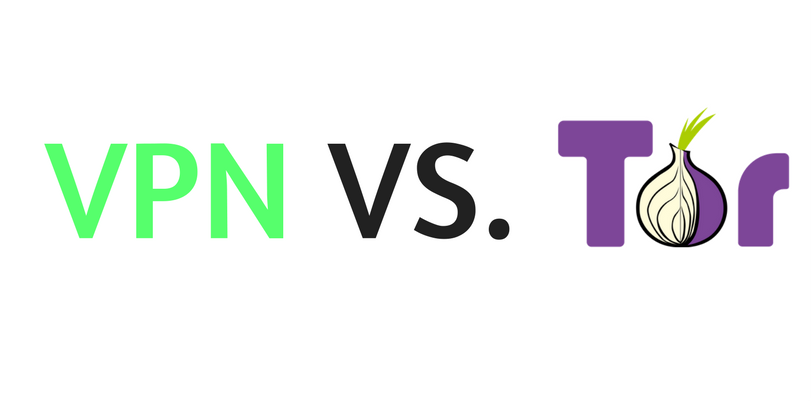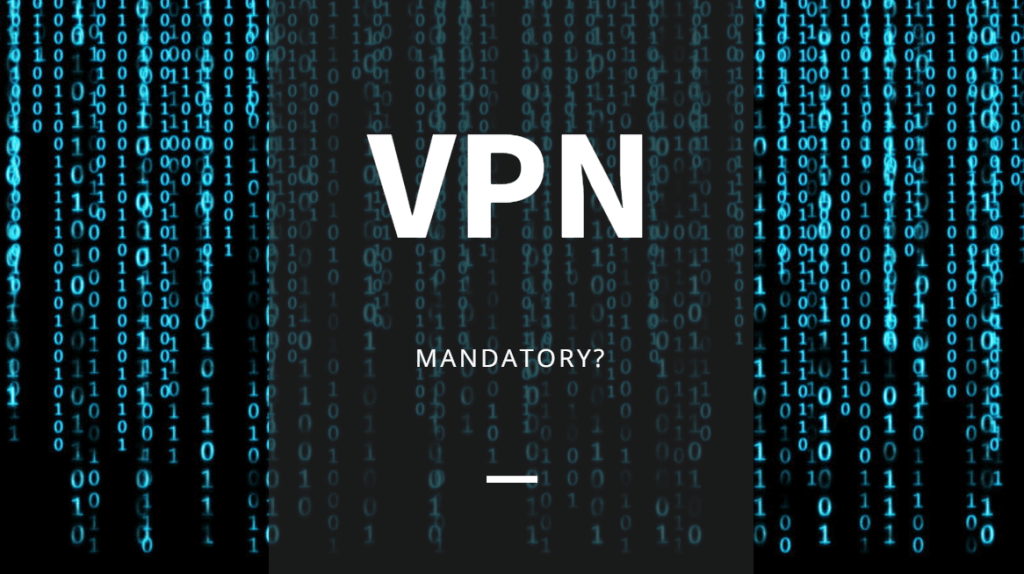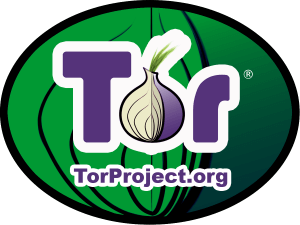Each day, hundreds of people experience the consequences of browsing the Internet without privacy, anonymity, and security. Many bad things can happen to users if they surf the web without taking into account any of those factors.
For example, if you are politically and ideologically opposed to a dictatorship and use a blog to write down your thoughts often, and you don’t have any tools that can ensure no one will track you by your IP address, you may be in trouble if governmental institutions or agents locate you. Another useful sample is that you may be a victim of a hacker gaining access to your passwords and personal information if you have no protection against it.
The Internet is a fantastic tool, maybe the center of our society. Almost everything the human race does and has been doing for a couple of decades now is related or has something to do with online access. But the web is filled with viruses, hackers, malware, worms, Trojans and meddlers that want to track you for dozens of different reasons.
A couple of tools to help users browse the web anonymously exist and are relatively easy to obtain: one is Tor, and the other one is VPN. Each one of them has pros, cons, advantages, and risks, but they offer solutions to some of the browsing security and privacy problems that we are experimenting on a daily basis.
Tor vs. VPN: a critical comparison
The Onion Router (Tor) and Virtual Private Networks have both similarities and differences between them. Both can help you hide your online identity, or what is the same, your IP address so that you can enjoy the benefits of the internet more anonymously.
Let’s start with Tor. The Onion Router appeared thanks to the US Navy, which created this system in the mid-nineties to ensure protection against third parties of internal communications of American intelligence. You can obtain it for almost every device available in the market right now, and it runs on virtually every operating system.
Tor is software that routes your traffic through its network, based on random relays that send it through some nodes configured for anonymity, in the sense that each node only has access to the IP addresses of the points immediately before and after it.
The system mainly transports your traffic and data through “Tor” servers, which vary in quantity. The more servers or “nodes” there are in the process, the better for the user because it will be more difficult to trace. Users can have access to the Tor network for free: they just have to download the service in their browsers and configure it, without even signing in. It is easy to use, so users take advantage of its benefits.
However, as the system promotes anonymity, some people use it for evil and dubious projects: Tor has been notorious for being the host software for some dangerous criminal activities such as drug distribution and child pornography.
What Tor does not do is to protect users from hackers stealing their passwords, browsing history, and credit card information efficiently. Also, the software is very slow, and you can’t use it either for accessing blocked sites in several locations in the world nor for sharing, downloading and uploading content to a system such as BitTorrent. Doing this would be highly detrimental to the entire network because it will create an incredible overall lag in the speed of their connection.
This is where VPNs come in handy. Virtual Private Networks, or VPN, are highly useful online resources dedicated to protecting the privacy of its users by “tunneling” their data and traffic with suitable encryption technologies that will almost entirely guarantee that no hacker, governmental institution or even their Internet service provider will have access to the shared data.
Coincidentally, VPNs appeared in the online scene at almost the same moment of history than Tor: in the mid-nineties. Precisely in 1996, a Microsoft worker invented the Peer-to-Peer Tunneling Protocol, or PPTP, which is the base of how VPN works.
If a user connects to the web with a VPN, the system will hide its IP address and lend it a new, temporary one that will work at the convenience of the user, who can choose the server from which he will establish a secure connection.
If the user, say, is currently in Spain but wants to have access to all the fabulous shows, TV series, movies and productions from American Netflix region, he, or she, would have to find a reliable VPN provider and choose to connect to a US server. The system will thus identify the connection request as one from the United States, not Spain, enabling the user to enjoy the best content intended for American citizens.
TorGuard is widely recognized as the most efficient and reliable VPN in the market right now. Sure, there are hundreds of free and cheaper options, but TorGuard offers a simultaneous connection of up to five different devices, has servers in many locations on the planet and provides a terrific customer service. Other useful alternatives are IPVanish and Private Internet Access (PIA).
VPN advantages
- It protects your data and traffic against hackers and other unwanted Internet agents.
- It allows you to unblock geographically restricted sites and services around the world thanks to its ability to hide your IP address and let you choose one at your convenience.
- There are some free alternatives, and the paid ones are not very expensive.
VPN disadvantages
- It slightly slows down your Internet connection.
- It is not 100% effective.
- Finding an option with a real no-log system is difficult. Some countries’ governments may force VPN providers to share user’s logs in the case of a critical investigation.
Tor advantages
- Very easy to install and run.
- It is free software that anybody can acquire anywhere.
- It helps you stay anonymous on the web for simple tasks, like blogging or researching.
- It is a system that allows public contributions and endorses the need for online privacy among its users.
- Because it is a network that relays and re-encrypts your data and traffic several times, it makes the government or other agents very difficult to track you.
Tor disadvantages
- It significantly slows down your Internet connection because your data suffers several relays until gets to the final server and gets decrypted.
- Blocking Tor relays is an easy way to prevent connections.
- It does not allow you to successfully unblock content restricted to specific geographical regions, not because the system can’t do it, but because the slow speeds wouldn’t allow streaming.
- It is awful at file sharing via Torrents.
- It is not 100% effective in protecting anonymity.
In conclusion, you could say that as a way to remain anonymous on the Internet, Tor remains a great tool because it is easier to install and run than a VPN. Its simplicity gives it the edge only for this particular scenario. In other aspects, however, VPN has Tor beat.
For example, while it is possible to stream and access online content that is geo-blocked with Tor, the extremely slow state of your connection will make you vehemently opposed to the idea. The system is far from fast, which is one of its main weaknesses. Additionally, Tor isn’t 100% anonymous, but no method is.
VPNs, on the other hand, slow down your connection but not at the degree of Tor. With Virtual Private Networks you can protect your online privacy in a way that Tor just can’t while offering the possibility of downloading and uploading files and accessing content from virtually any place in the world because of its ability to pass through security controls with a borrowed IP address.
Bottom line: in the Tor vs. VPN showdown of privacy and anonymity measures, the latter gets the win.
The question is–which VPN should you pick now? Well check out this table below!
 |
 |
|
|---|---|---|
| Multi-platform Compatible | ||
| 256-AES Encryption | ||
| PRICE | $5 for 1 month with code "best10VPN" | $6.95 a month |
| Website Rating | 9.9 | 8.8 |
| 24/7 Live Chat | ||
| Residential / Dedicated IP for permanent streaming access | ||
| Has Mobile App + PC / Mac Support | ||
| Stealth VPN / Advanced Obfuscation techniques | ||
| Visit VPN Provider | Visit TorGuard | Visit PIA |


